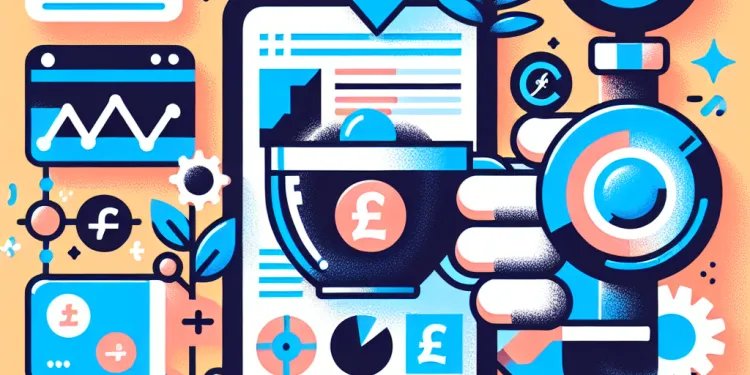
Find Help
More Items From Ergsy search
-
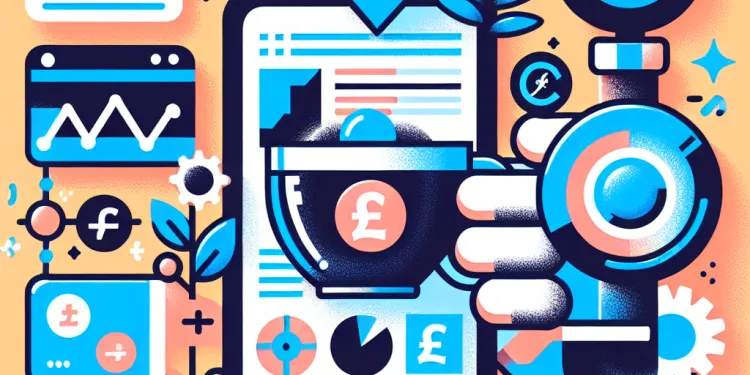
How does regular caffeine consumption impact tolerance and blood pressure?
Relevance: 100%
-
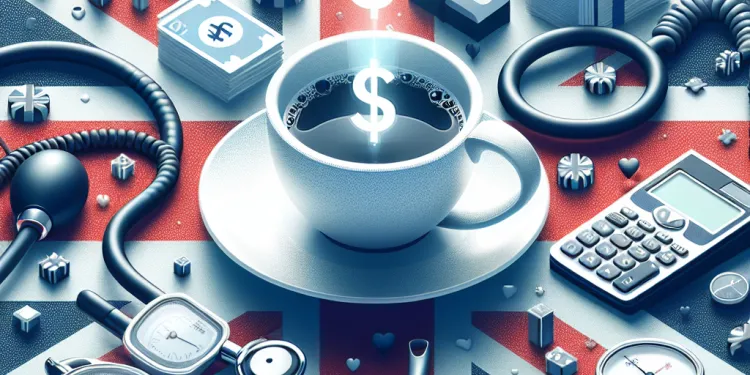
Does caffeine affect blood pressure?
Relevance: 76%
-
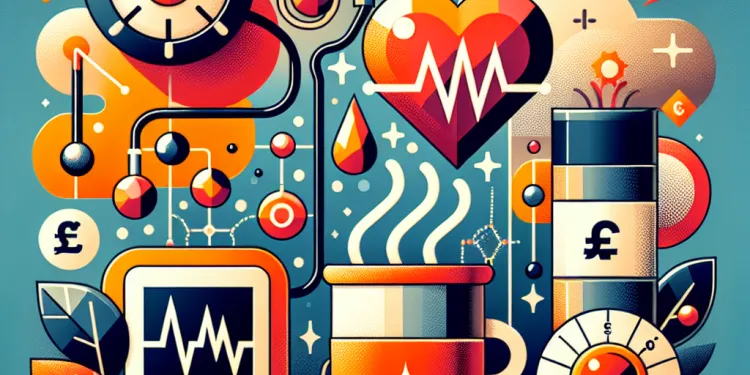
How does caffeine affect blood pressure?
Relevance: 74%
-
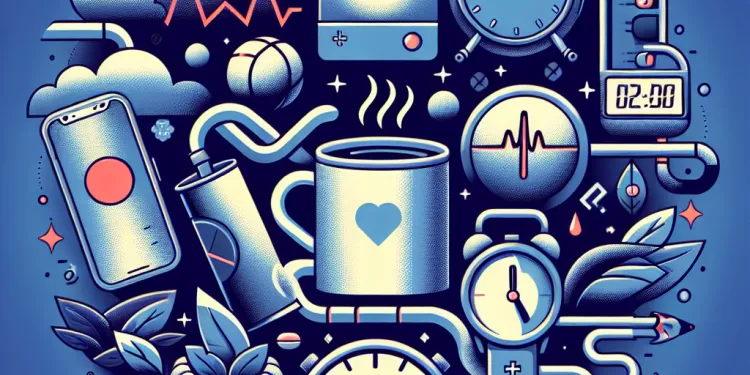
Can stress related to caffeine consumption affect blood pressure?
Relevance: 60%
-
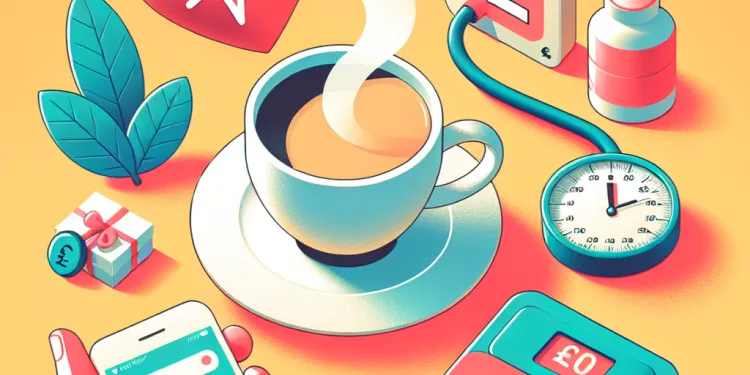
Is Your Morning Coffee a Risk Factor for High Blood Pressure?
Relevance: 60%
-
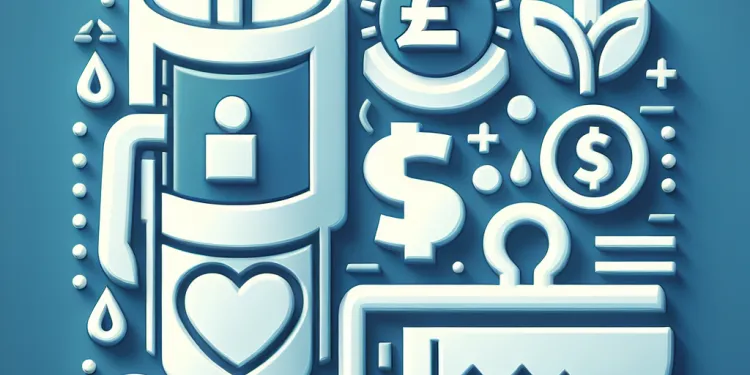
How much caffeine is generally considered safe for people with high blood pressure?
Relevance: 59%
-
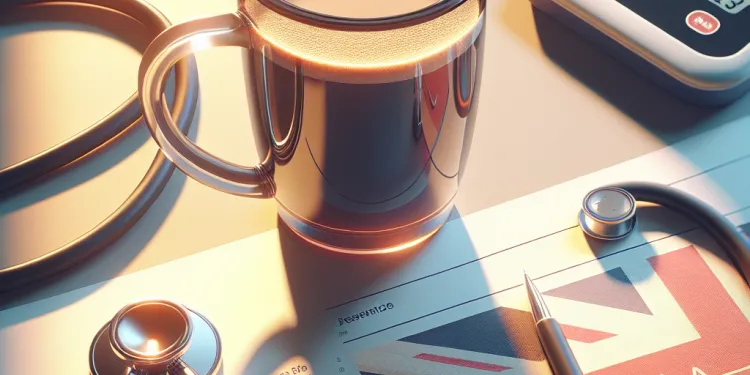
Does drinking coffee every morning increase the risk of developing high blood pressure?
Relevance: 56%
-
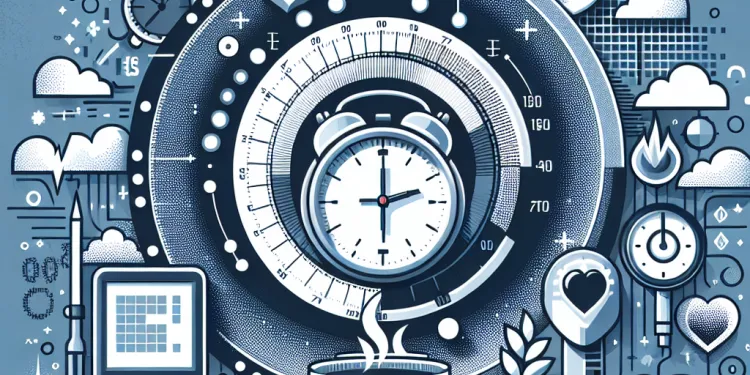
Is there a specific time of day when coffee has the most impact on blood pressure?
Relevance: 56%
-
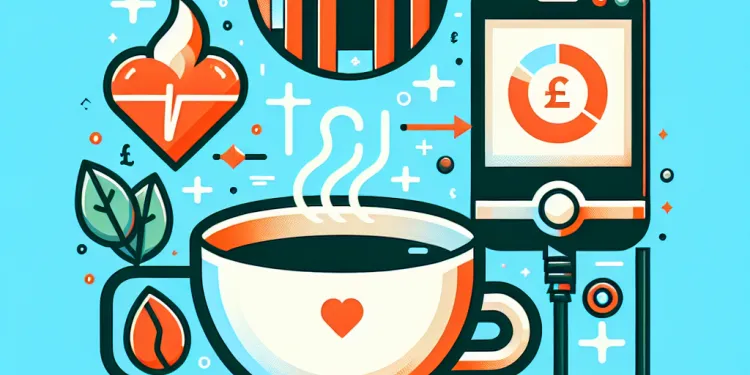
How soon after drinking coffee can blood pressure be affected?
Relevance: 55%
-
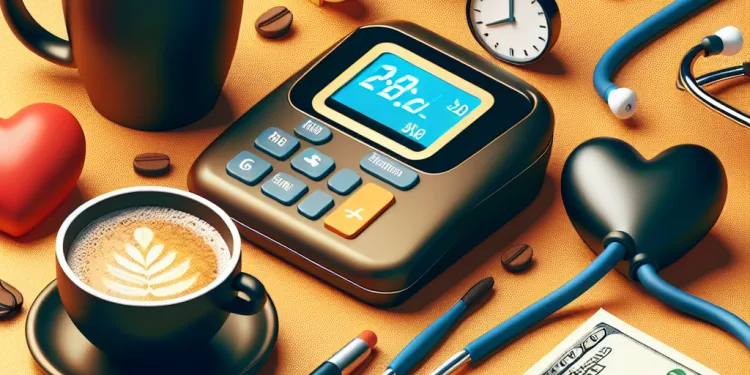
Should people with high blood pressure avoid coffee entirely?
Relevance: 55%
-
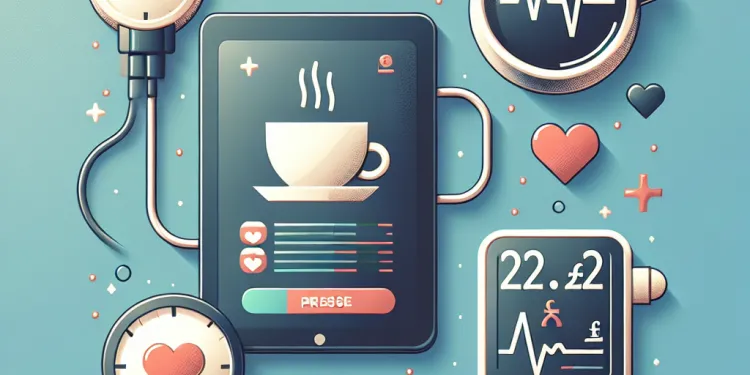
Are there any other factors in coffee that may affect blood pressure?
Relevance: 54%
-

Does genetic makeup affect how coffee impacts blood pressure?
Relevance: 53%
-
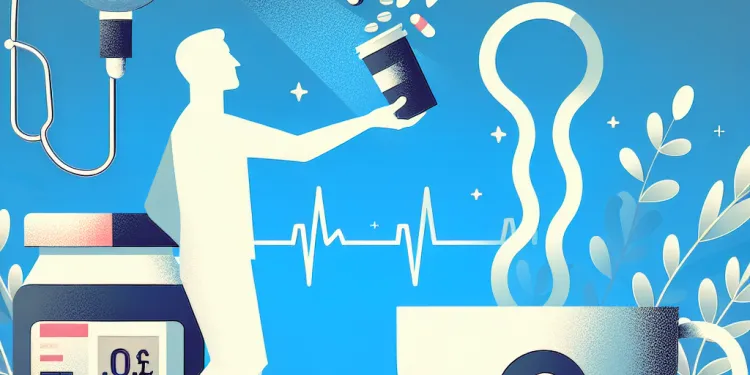
Is it safe to take blood pressure medication with coffee?
Relevance: 52%
-
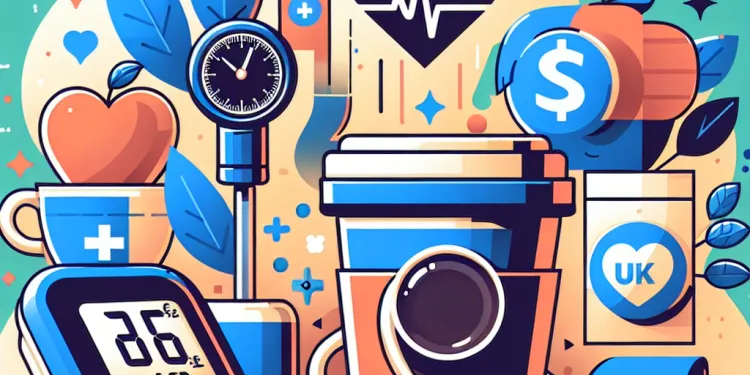
How can one minimize the impact of coffee on blood pressure?
Relevance: 51%
-
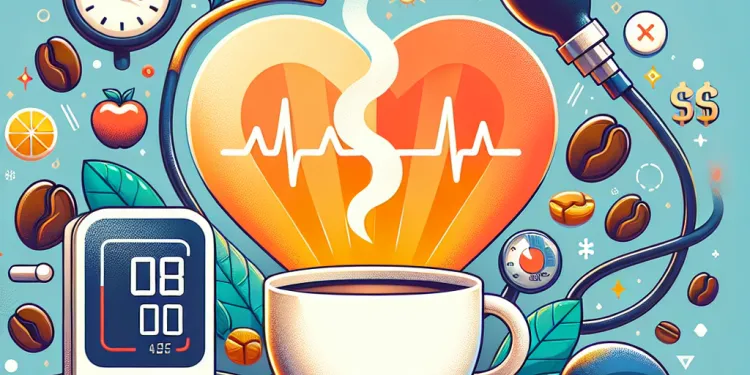
What is the link between coffee consumption and high blood pressure?
Relevance: 50%
-
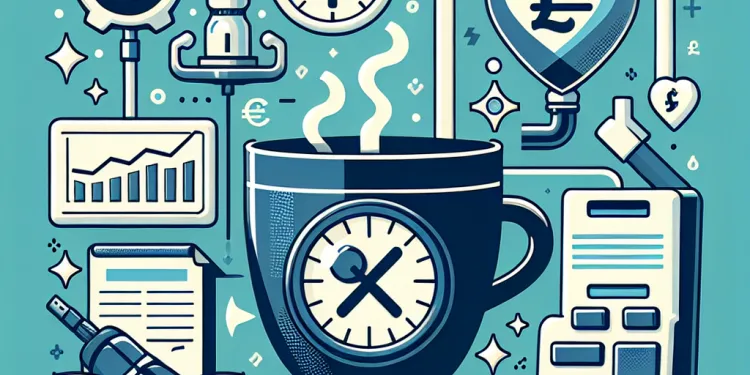
Can decaffeinated coffee affect blood pressure?
Relevance: 49%
-
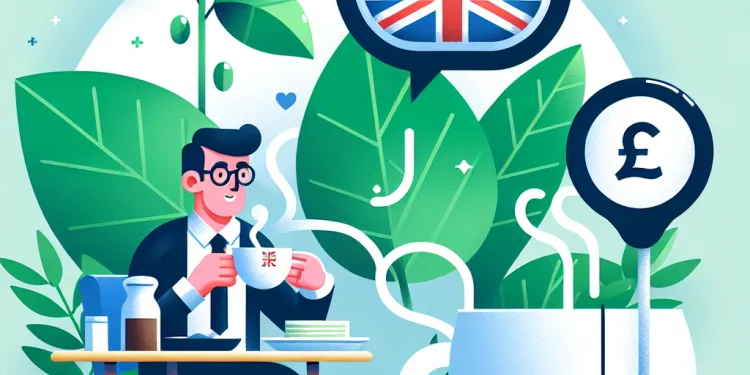
Is green tea a better alternative to coffee for blood pressure management?
Relevance: 49%
-
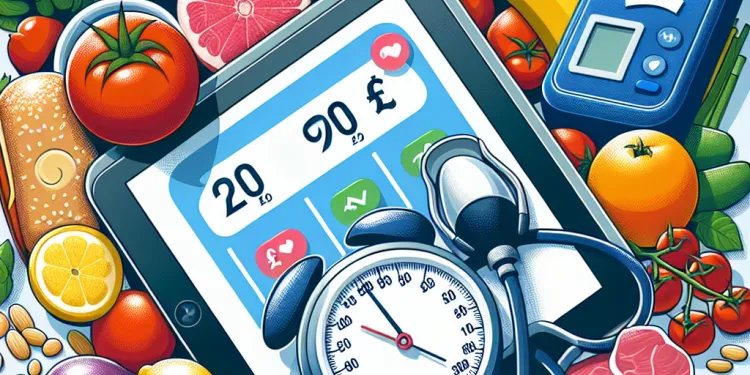
How does diet affect blood pressure?
Relevance: 47%
-
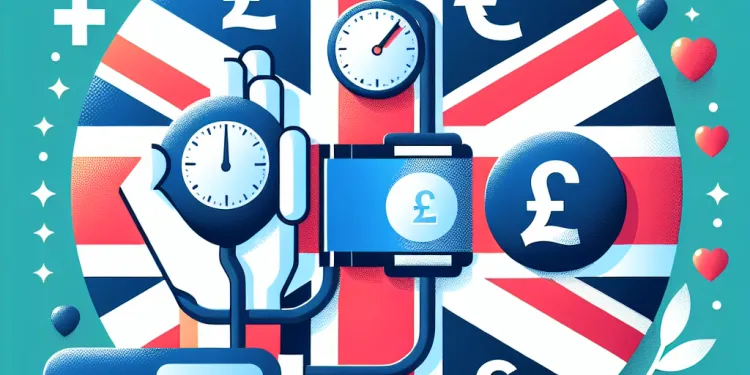
What is high blood pressure?
Relevance: 44%
-
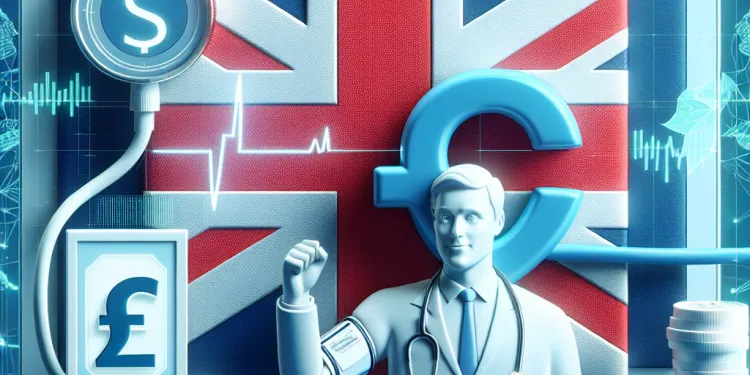
Can high blood pressure be prevented?
Relevance: 43%
-
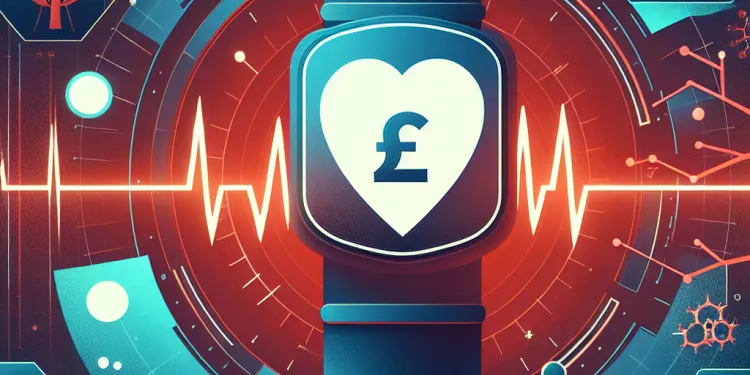
What causes high blood pressure?
Relevance: 43%
-
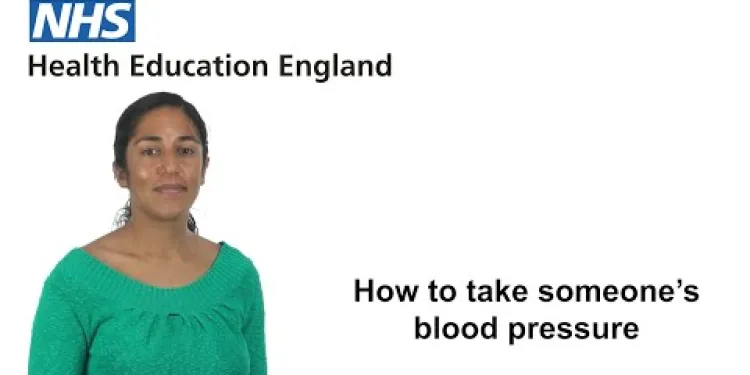
How to take someone's blood pressure
Relevance: 42%
-
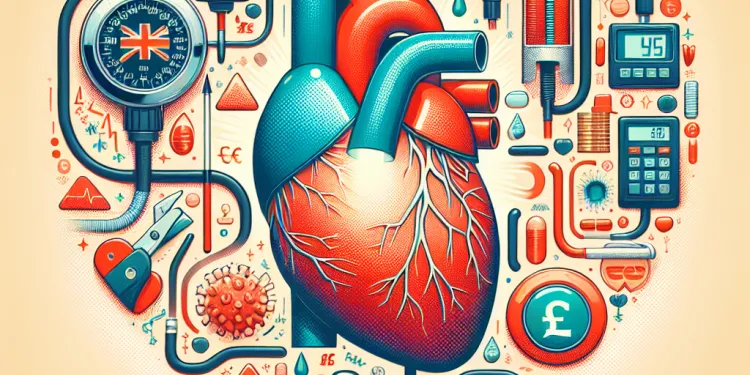
How can high blood pressure be treated?
Relevance: 41%
-
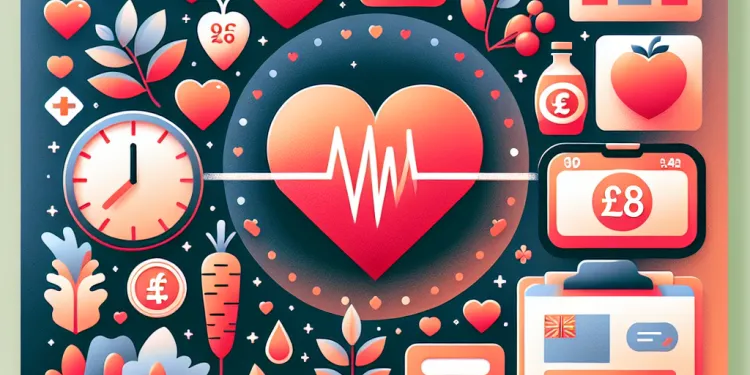
What lifestyle changes can lower blood pressure?
Relevance: 40%
-
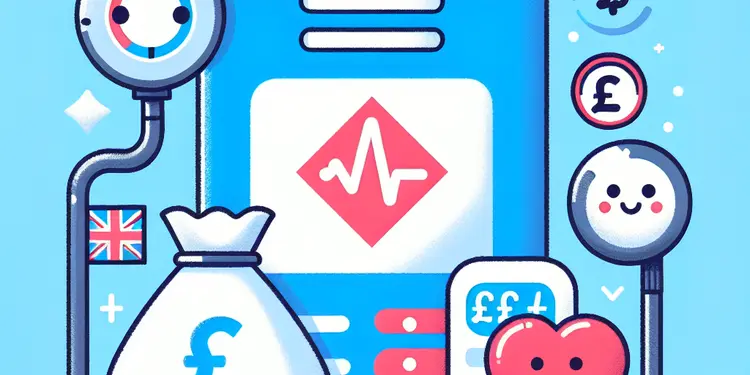
How does salt impact blood pressure?
Relevance: 39%
-
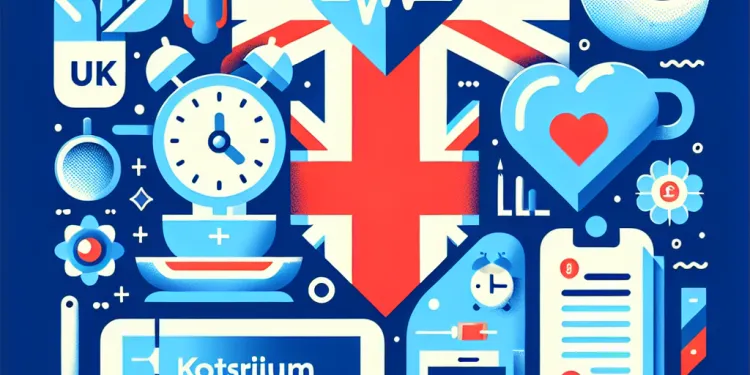
What is the role of potassium in managing blood pressure?
Relevance: 39%
-
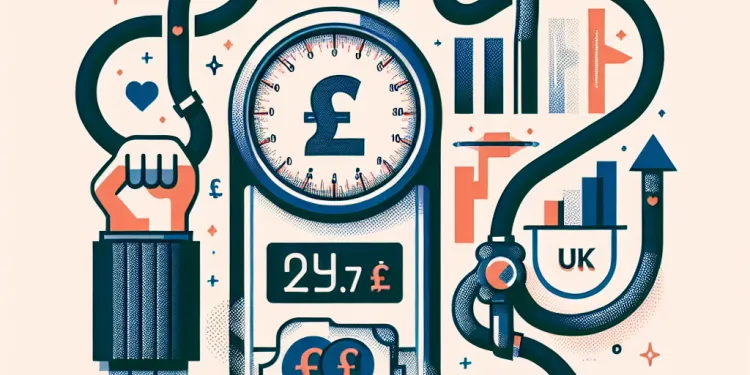
How is high blood pressure diagnosed?
Relevance: 39%
-
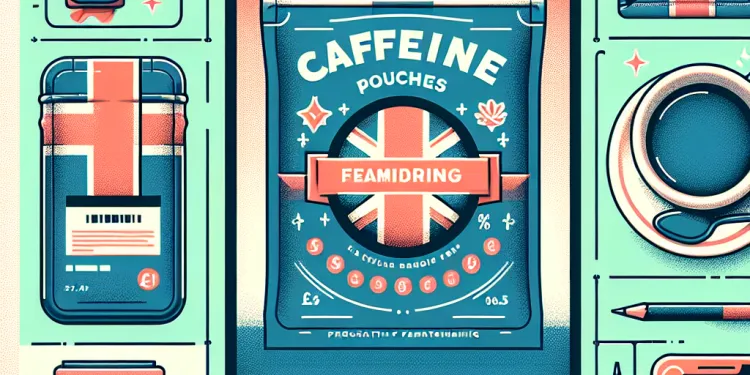
What are the side effects of caffeine pouches?
Relevance: 39%
-
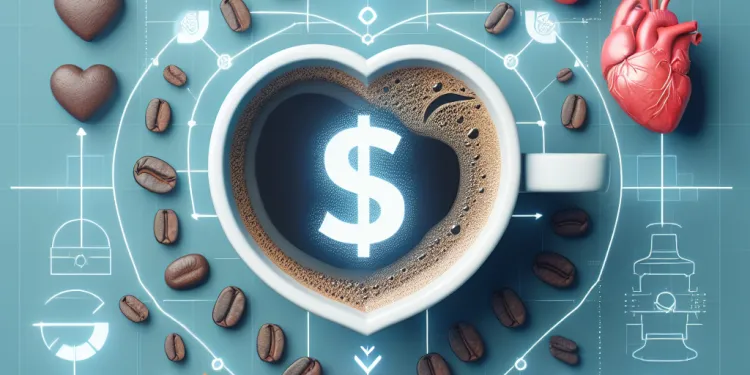
Does coffee consumption have any long-term heart health effects?
Relevance: 39%
-

Can stress cause high blood pressure?
Relevance: 38%
-
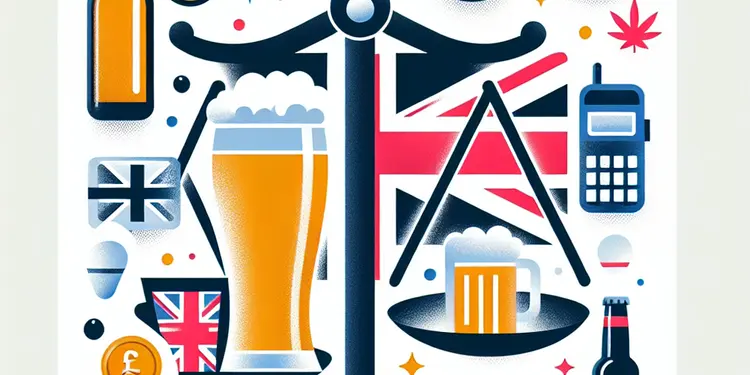
How does alcohol tolerance relate to binge drinking?
Relevance: 38%
-
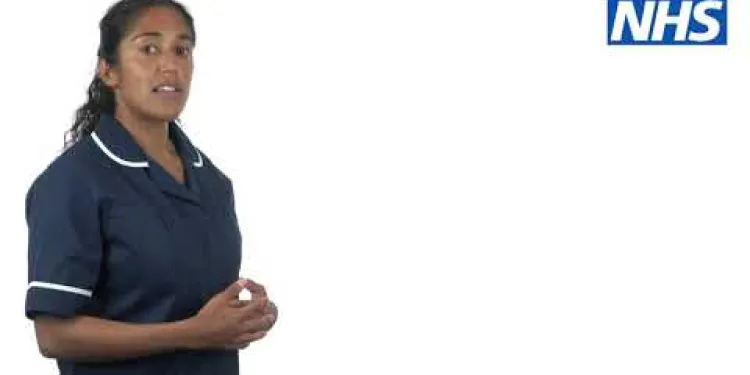
Seven Reaasons For Measuring blood pressure
Relevance: 38%
-
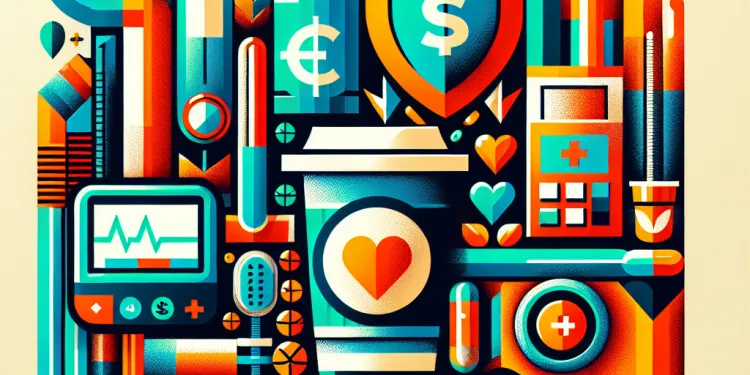
What are the symptoms of caffeine-induced high blood pressure?
Relevance: 37%
-

How much caffeine is in a caffeine pouch?
Relevance: 37%
-
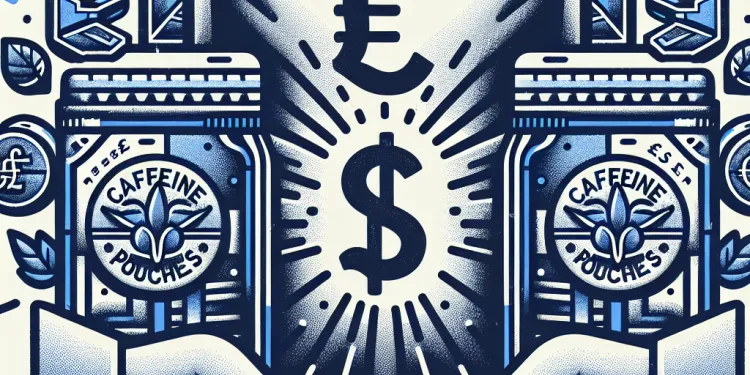
Who should avoid using caffeine pouches?
Relevance: 37%
-
Are high caffeine drinks safe?
Relevance: 36%
-
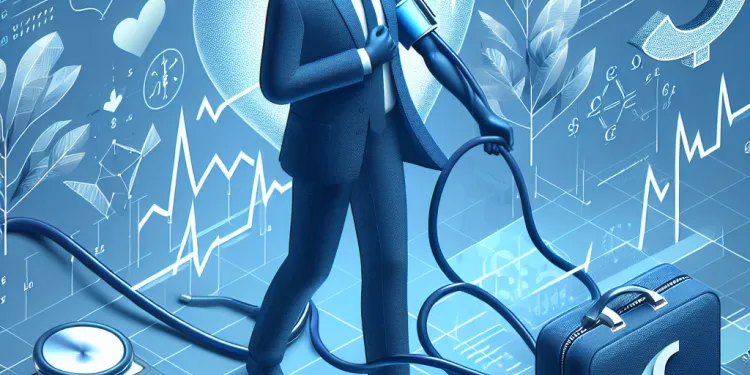
Why is high blood pressure called a 'silent killer'?
Relevance: 36%
-
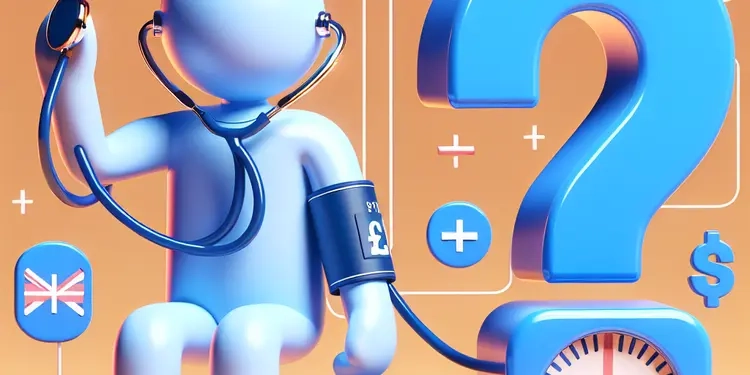
Should I test my child for high blood pressure?
Relevance: 36%
-
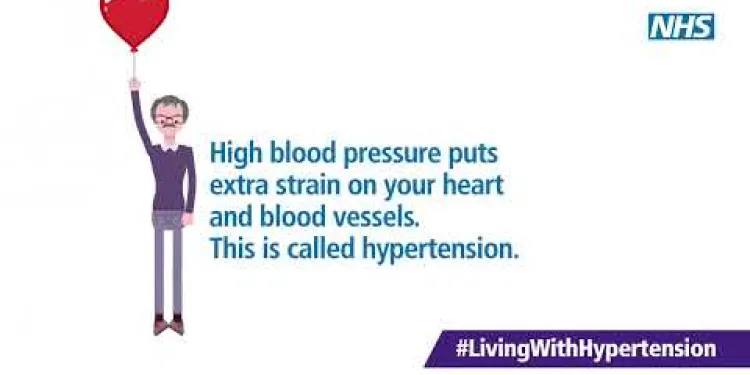
Blood pressure too high? Living with hypertension animation
Relevance: 35%
-
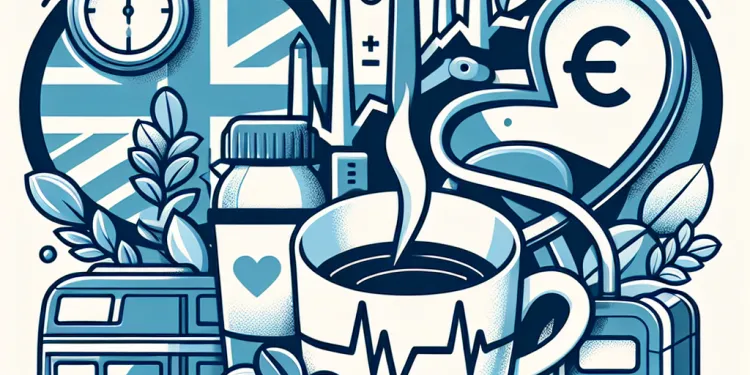
What is the recommended number of coffee cups per day for hypertensive individuals?
Relevance: 35%
Understanding Caffeine Tolerance
Caffeine is a widely consumed stimulant found in coffee, tea, energy drinks, and various other beverages and foods. Regular consumption of caffeine can lead to the development of tolerance. Tolerance refers to the body's adaptation to a substance, resulting in a reduced effect over time. When you consume caffeine regularly, your body becomes accustomed to its presence, leading you to require higher amounts to achieve the same level of alertness or energy boost. This adaptation occurs because caffeine consumption influences the central nervous system, specifically targeting adenosine receptors. Over time, these receptors become less responsive, thus diminishing caffeine's stimulating effects.
Impact on Blood Pressure
Regular caffeine intake can also impact blood pressure, a critical health parameter, particularly for individuals prone to hypertension. Caffeine can cause a temporary spike in blood pressure after consumption, which may concern those who are sensitive or already have high blood pressure. The mechanism behind this increase is related to caffeine's ability to block adenosine, a neurotransmitter that promotes relaxation and vasodilation (widening of blood vessels), leading to increased vascular resistance and heightened blood pressure.
However, the long-term effects of regular caffeine consumption on blood pressure appear to vary among individuals. Some studies suggest that habitual coffee drinkers may develop a tolerance not only to caffeine's behavioural effects but also to its hypertensive effects. This means that while new or infrequent caffeine consumers might experience a notable increase in blood pressure, those who regularly consume caffeine might not observe the same sustained elevation.
Considerations for Caffeine Consumption
For the UK audience, where tea and coffee are integral parts of daily life, it's crucial to consider these factors when moderating caffeine intake. While moderate caffeine consumption is generally considered safe for most people, those with certain health conditions, particularly heart-related issues, may need to monitor their intake more closely. Consulting with a healthcare professional can be beneficial to tailor caffeine consumption to individual health profiles and ensure that it remains within safe limits.
In conclusion, regular caffeine consumption can lead to tolerance and affect blood pressure differently among individuals. Understanding how your body responds to caffeine can help you make informed decisions about your daily intake, balancing its benefits with potential health implications.
Understanding Caffeine Tolerance
Caffeine is found in coffee, tea, and energy drinks. Drinking caffeine often can make your body get used to it. This means you might need more caffeine to feel awake over time. Caffeine works in your brain and makes you feel more alert. But if you have it a lot, your brain gets used to it, so it doesn't work as well.
Impact on Blood Pressure
Drinking caffeine can raise your blood pressure for a short time. This can be a worry if you already have high blood pressure. Caffeine stops a chemical in your body that helps relax and widen blood vessels, which can make blood pressure go up.
Not everyone feels the same change in blood pressure with caffeine. Some people who drink coffee often may not notice a big change. But if you don't normally drink caffeine, you might feel a bigger effect.
Considerations for Caffeine Consumption
In the UK, many people drink tea and coffee every day. It's important to think about how much caffeine you have, especially if you have heart problems. Talk to a doctor if you're unsure about how much caffeine is okay for you to have.
To sum up, having caffeine regularly can make it less effective and change your blood pressure. Knowing how your body reacts to caffeine can help you decide how much to drink. Always try to balance the good and bad effects of caffeine for your health.
Frequently Asked Questions
What is caffeine tolerance?
Caffeine tolerance refers to the reduced response to the effects of caffeine after prolonged consumption, often leading individuals to consume more to achieve the same effects.
How does regular caffeine consumption develop tolerance?
Regular caffeine consumption can lead to tolerance because your body becomes accustomed to the presence of caffeine, reducing its stimulant effects over time.
Can caffeine tolerance affect individuals differently?
Yes, caffeine tolerance can vary greatly among individuals based on genetics, the amount of caffeine consumed, and individual metabolism.
Is it possible to reset caffeine tolerance?
Yes, reducing caffeine intake or taking a break from caffeine can help reset tolerance levels over time.
How does caffeine affect blood pressure?
Caffeine can cause a temporary increase in blood pressure due to its stimulating effects on the nervous system.
Does regular caffeine consumption lead to sustained high blood pressure?
For some people, regular caffeine consumption may lead to a sustained increase in blood pressure, but this effect varies among individuals.
Are some people more prone to developing caffeine tolerance?
Yes, genetic factors can influence how quickly a person develops caffeine tolerance.
How long does it take to develop caffeine tolerance?
Caffeine tolerance can begin to develop within a few days to weeks of regular consumption.
Does caffeine tolerance affect all its effects equally?
No, tolerance can develop to some effects of caffeine, such as increased heart rate, but not to others, like its diuretic effect.
What are the symptoms of caffeine withdrawal?
Symptoms of caffeine withdrawal can include headaches, fatigue, irritability, and difficulty concentrating.
Can caffeine consumption impact heart health?
While moderate caffeine consumption is generally considered safe for most people, excessive intake may negatively impact heart health, particularly in individuals with underlying conditions.
How does caffeine tolerance affect its stimulating effects?
As tolerance develops, the stimulating effects of caffeine, such as increased alertness and reduced fatigue, may diminish, prompting higher intake to achieve the same effects.
How does regular caffeine intake influence the risk of hypertension?
Some studies suggest that regular caffeine intake could increase the risk of developing hypertension, especially in individuals who are more sensitive to caffeine.
Does reducing caffeine intake lower blood pressure?
For individuals sensitive to caffeine, reducing intake can lead to a decrease in blood pressure; however, this varies among individuals.
Can caffeine affect blood pressure differently in regular vs. non-regular users?
Yes, non-regular caffeine users may experience a more pronounced increase in blood pressure compared to those who regularly consume caffeine.
Is there a safe amount of caffeine to consume daily?
It's generally safe for most adults to consume up to 400 mg of caffeine daily, which is about 4 cups of coffee.
Can regular caffeine intake impact anxiety levels?
Yes, regular intake can exacerbate anxiety symptoms in individuals who are sensitive to caffeine's stimulant effects.
Does caffeine tolerance affect withdrawal symptoms?
People with high caffeine tolerance may experience more pronounced withdrawal symptoms if they suddenly cut back on or stop caffeine consumption.
Can lifestyle changes help manage caffeine tolerance?
Yes, incorporating breaks from caffeine, maintaining a balanced diet, and managing stress can help manage or reduce caffeine tolerance.
Does switching to decaffeinated beverages impact caffeine tolerance?
Switching to decaffeinated beverages can help reduce caffeine tolerance as the body adjusts to lower caffeine levels over time.
What is caffeine tolerance?
Caffeine is in drinks like coffee, tea, and some sodas. It makes people feel more awake.
When you have caffeine a lot, your body gets used to it. This means you might need more caffeine to feel the same awake feeling.
This is called caffeine tolerance.
Some tools to help understand are:
- Pictures or charts that show how caffeine works.
- Short videos that explain caffeine tolerance.
Caffeine tolerance means your body gets used to caffeine. This happens when you drink a lot of caffeine over time. You might need to drink more to feel the same energy.
How does drinking caffeine often make you used to it?
When you drink things with caffeine a lot, your body gets used to it. This means caffeine doesn't keep you awake or give you energy like it used to.
Try to drink less caffeine if you want it to work better again. You can also drink water or herbal tea. These are good choices.
Does coffee work differently for everyone?
Yes, people handle caffeine differently. It depends on their genes, how much caffeine they drink, and how their body uses it.
Can you make your body react to caffeine like it did before?
Yes, drinking less caffeine or stopping for a while can help your body get used to it again.
What does caffeine do to blood pressure?
Caffeine is a thing in coffee, tea, and soda. It can make our blood pressure go up. This means it might make the heart work harder.
If you drink a lot of caffeine, think about drinking less. It can help your heart. You can also ask your doctor about it.
Tools like reading apps or talking to a helper can also make it easier to understand this.
Caffeine can make your blood pressure go up for a little while. This is because it makes your body feel more awake and excited.
Does drinking caffeine often make blood pressure stay high?
Drinking drinks like coffee or tea, which have caffeine, might make blood pressure go up in some people. But not everyone will have the same reaction.
Can some people get used to caffeine faster than others?
Yes, your genes can affect how fast you get used to caffeine.
How long does it take to get used to caffeine?
Your body can get used to caffeine in just a few days or weeks if you have it often.
Does Your Body Get Used to All the Effects of Caffeine?
No, your body can get used to some things caffeine does, like making your heart beat faster. But your body does not get used to other things, like how caffeine makes you pee more.
What happens when you stop drinking caffeine?
When you stop having caffeine, you might feel different. Here are some things you may notice:
- Your head might hurt.
- You might feel very sleepy.
- You could feel grumpy or cranky.
- Your mood may be sad.
- You might have trouble focusing and thinking clearly.
- Your body could feel sore.
It's okay to take breaks. Drink water and rest. Ask someone you trust to help if you feel bad.
When someone stops drinking drinks with caffeine, they might feel:
- A sore head
- Very tired
- Grumpy or upset
- Find it hard to focus or pay attention
To feel better, you can try:
- Drinking lots of water
- Getting extra sleep
- Going for a walk or doing something fun
Does drinking caffeine affect your heart?
Drinking a little bit of caffeine is okay for most people. But drinking too much can be bad for your heart, especially if you already have heart problems.
What happens when your body gets used to caffeine?
When your body gets used to caffeine, it might not work as well to make you feel awake or less tired. You might need to drink more caffeine to feel the same way. Here are some things that might help:
- Use a timer to remind yourself when to take breaks.
- Try drinking water to stay awake too.
- Use a fun app that helps you track how much caffeine you drink.
Does drinking caffeine every day make high blood pressure more likely?
Caffeine is in coffee, tea, and soda. Drinking these drinks can make you feel awake. But having a lot of caffeine every day might be bad for your heart. It can make your blood move very fast, which is called high blood pressure.
If you drink a lot of caffeine, try to cut down slowly. You might feel better and help your heart stay healthy.
To help understand this, you can:
- Use pictures to show what high blood pressure is.
- Listen to someone read this to you.
- Ask someone to explain more about the heart and caffeine.
Some studies say drinking a lot of drinks with caffeine, like coffee or tea, could make your blood pressure go up. This is more likely for people who are sensitive to caffeine.
Does drinking less caffeine lower blood pressure?
Caffeine is in drinks like coffee, tea, and cola. It can make your heart beat faster.
If you drink a lot of caffeine, your blood pressure might be high.
Drinking less caffeine might help to lower your blood pressure. Try drinking less caffeine to see if it helps you feel better.
Using a calendar can help you track how much caffeine you drink each day. Or, ask an adult to help you.
If you are sensitive to caffeine, drinking less can help lower your blood pressure. But this might not be the same for everyone.
Does coffee change blood pressure if you drink it often or not?
If you drink coffee a lot, it might change your blood pressure. If you don’t drink coffee a lot, it might change your blood pressure differently.
Tools to help you understand:
- Read slowly. Take your time.
- Use a dictionary for hard words.
- Ask someone to explain it to you.
Yes, if you don't drink caffeine often, it can make your blood pressure go up more than if you drink it all the time.
How much caffeine is safe to have each day?
Most grown-ups can drink up to 4 cups of coffee a day. This is about 400 mg of caffeine. This is usually safe for them.
Does drinking things with caffeine every day make people feel more worried?
Caffeine is in drinks like coffee and some sodas. It can make some people feel jumpy or worried. This is called anxiety.
If you feel worried a lot, try these tips:
- Drink less caffeine. Choose water or milk instead.
- Take deep breaths to help calm down.
- Talk to someone you trust about your feelings.
Yes, drinking caffeine a lot can make people who are sensitive to it feel more anxious.
Can getting used to caffeine change how you feel when you stop having it?
If you drink a lot of drinks with caffeine, like coffee or cola, and then stop suddenly, you might feel bad. This is called withdrawal. The more caffeine you usually have, the stronger these feelings might be.
To make it easier, try cutting down slowly. Drink less caffeine each day so your body can get used to it. You can also try drinking water or another drink that doesn't have caffeine.
Can changing my habits help with caffeine tolerance?
Let's talk about caffeine. It's in coffee, tea, and some sodas. When we drink caffeine a lot, our bodies get used to it. This is called "caffeine tolerance."
If you want to feel the effects of caffeine again, try to:
- Drink less caffeine each day.
- Switch to drinks with less caffeine, like herbal tea.
- Take a break from caffeine for a week or two.
These changes can help your body feel caffeine better again.
If you find it hard to stop caffeine, ask a friend or family member to support you.
Yes, taking breaks from drinks with caffeine, eating good food, and finding ways to relax can help you get used to needing less caffeine.
Does drinking drinks without caffeine change how you handle caffeine?
Drinking drinks with no caffeine can help your body get used to having less caffeine. This can make you less used to caffeine over time.
Useful Links
This website offers general information and is not a substitute for professional advice.
Always seek guidance from qualified professionals.
If you have any medical concerns or need urgent help, contact a healthcare professional or emergency services immediately.
Some of this content was generated with AI assistance. We’ve done our best to keep it accurate, helpful, and human-friendly.
- Ergsy carfully checks the information in the videos we provide here.
- Videos shown by Youtube after a video has completed, have NOT been reviewed by ERGSY.
- To view, click the arrow in centre of video.
- Most of the videos you find here will have subtitles and/or closed captions available.
- You may need to turn these on, and choose your preferred language.
- Go to the video you'd like to watch.
- If closed captions (CC) are available, settings will be visible on the bottom right of the video player.
- To turn on Captions, click settings .
- To turn off Captions, click settings again.
More Items From Ergsy search
-

How does regular caffeine consumption impact tolerance and blood pressure?
Relevance: 100%
-

Does caffeine affect blood pressure?
Relevance: 76%
-

How does caffeine affect blood pressure?
Relevance: 74%
-

Can stress related to caffeine consumption affect blood pressure?
Relevance: 60%
-

Is Your Morning Coffee a Risk Factor for High Blood Pressure?
Relevance: 60%
-

How much caffeine is generally considered safe for people with high blood pressure?
Relevance: 59%
-

Does drinking coffee every morning increase the risk of developing high blood pressure?
Relevance: 56%
-

Is there a specific time of day when coffee has the most impact on blood pressure?
Relevance: 56%
-

How soon after drinking coffee can blood pressure be affected?
Relevance: 55%
-

Should people with high blood pressure avoid coffee entirely?
Relevance: 55%
-

Are there any other factors in coffee that may affect blood pressure?
Relevance: 54%
-

Does genetic makeup affect how coffee impacts blood pressure?
Relevance: 53%
-

Is it safe to take blood pressure medication with coffee?
Relevance: 52%
-

How can one minimize the impact of coffee on blood pressure?
Relevance: 51%
-

What is the link between coffee consumption and high blood pressure?
Relevance: 50%
-

Can decaffeinated coffee affect blood pressure?
Relevance: 49%
-

Is green tea a better alternative to coffee for blood pressure management?
Relevance: 49%
-

How does diet affect blood pressure?
Relevance: 47%
-

What is high blood pressure?
Relevance: 44%
-

Can high blood pressure be prevented?
Relevance: 43%
-

What causes high blood pressure?
Relevance: 43%
-

How to take someone's blood pressure
Relevance: 42%
-

How can high blood pressure be treated?
Relevance: 41%
-

What lifestyle changes can lower blood pressure?
Relevance: 40%
-

How does salt impact blood pressure?
Relevance: 39%
-

What is the role of potassium in managing blood pressure?
Relevance: 39%
-

How is high blood pressure diagnosed?
Relevance: 39%
-

What are the side effects of caffeine pouches?
Relevance: 39%
-

Does coffee consumption have any long-term heart health effects?
Relevance: 39%
-

Can stress cause high blood pressure?
Relevance: 38%
-

How does alcohol tolerance relate to binge drinking?
Relevance: 38%
-

Seven Reaasons For Measuring blood pressure
Relevance: 38%
-

What are the symptoms of caffeine-induced high blood pressure?
Relevance: 37%
-

How much caffeine is in a caffeine pouch?
Relevance: 37%
-

Who should avoid using caffeine pouches?
Relevance: 37%
-
Are high caffeine drinks safe?
Relevance: 36%
-

Why is high blood pressure called a 'silent killer'?
Relevance: 36%
-

Should I test my child for high blood pressure?
Relevance: 36%
-

Blood pressure too high? Living with hypertension animation
Relevance: 35%
-

What is the recommended number of coffee cups per day for hypertensive individuals?
Relevance: 35%


